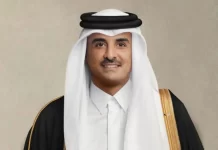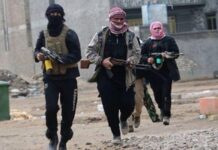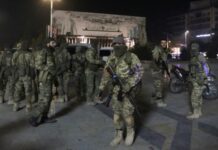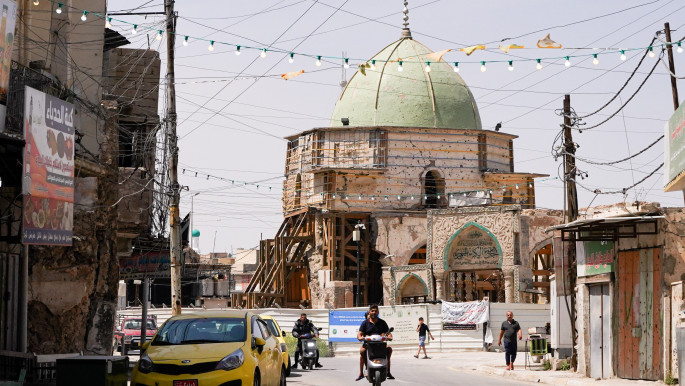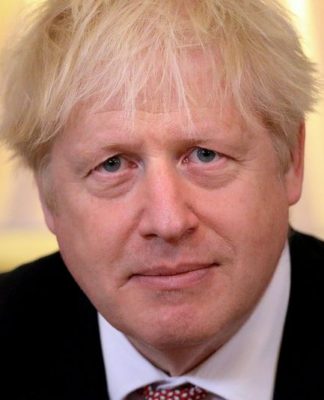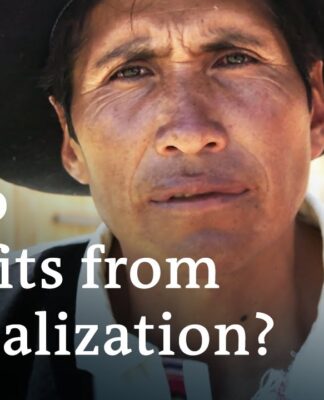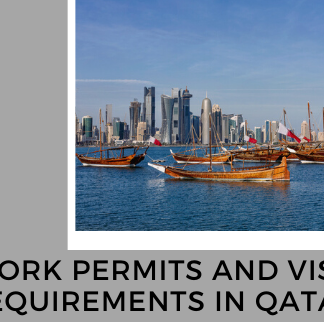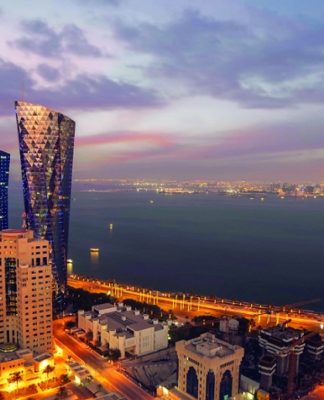Mosul residents oppose UAE-funded plan to rebuild historic Iraqi mosque
Issued on: Modified:

On the fourth anniversary of Mosul’s liberation from Islamic State (IS) group control, FRANCE 24 revisits the northern Iraqi city’s Grand al-Nuri mosque, site of the iconic, leaning al-Hadba minaret. A UNESCO restoration, funded by the United Arab Emirates, is currently underway, but the city’s residents and architects say the plan betrays the country’s heritage.
The Grand al-Nuri mosque and its historic leaning minaret – called “al-Hadda” or “the hunchback” in Arabic – dominated Mosul‘s skyline for centuries. But its longevity was cut short by the IS group, which blew it up during the last days of the battle of Mosul, in 2017.
On the fourth anniversary of the city’s liberation, all that remains is the mosque’s green dome and the minaret’s base.
A UNESCO team member working on the mosque restoration project says the clearance operation has been painstaking.
“One of the biggest difficulties that we face here was removing the rubble, we removed about 5,600 tones of rubble from the prayer hall and the minaret, said Omar Taqa, UNESCO assistant site coordinator. “We removed about 20 IEDs [improvised explosive device]. Some of them were still active.”
The mosque is being rebuilt as part of a $50 million project funded by the UAE. These workmen are excavating the minaret’s base to look for artifacts and to stabilise the foundation.
But the new site design – which was selected by an international jury in a global competition – is a point of controversy. Critics such as architect Muqtad Jamil have objected, saying it is not in keeping with local style and that secondary buildings, including a school and cultural centre, will obscure views of the minaret.
“The people of Mosul want the minaret and the mosque itself as they were before. The people don’t care about the school and the new buildings in that location,” said Muqtad Jamil, head of the Mosul Engineering Union.
Across the street from the site, Mosul residents also objected to the new plan with its a restricted view of the mosque site. And with much of the city still in ruins, some said they were frustrated at the slow pace of reconstruction.






